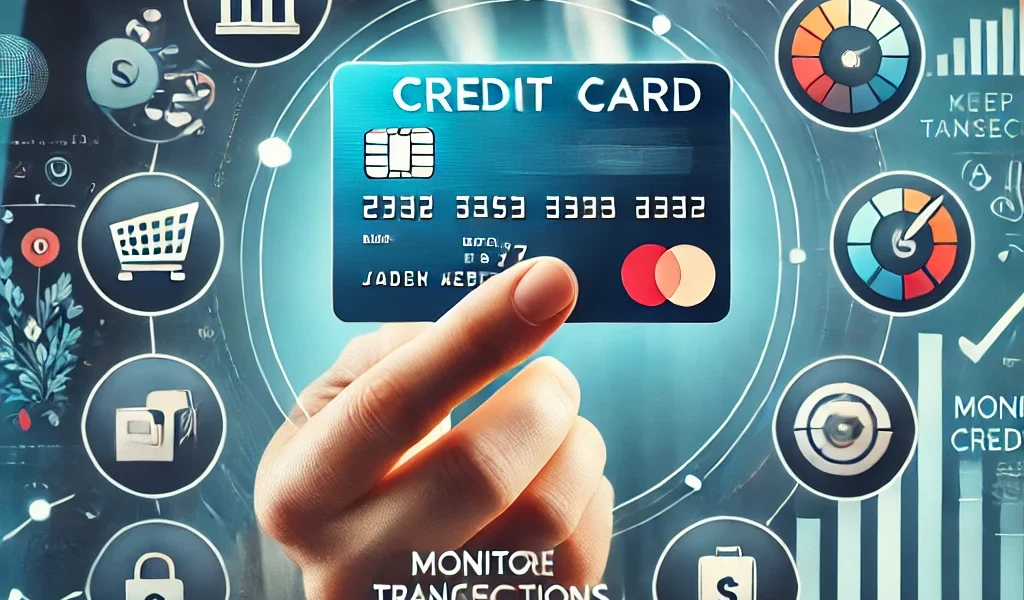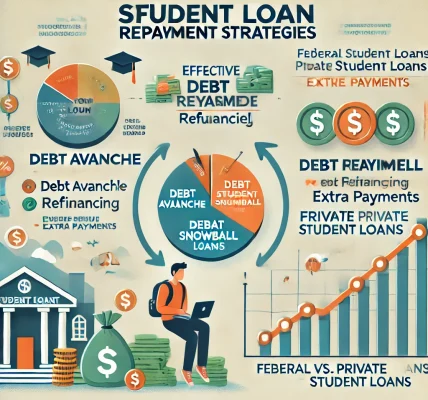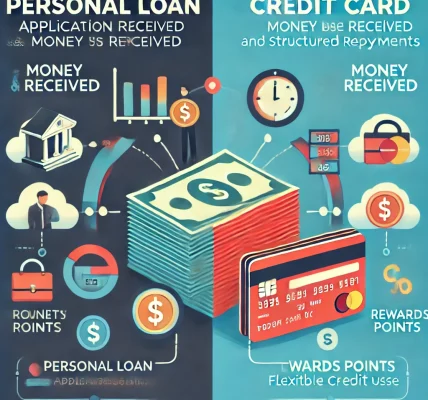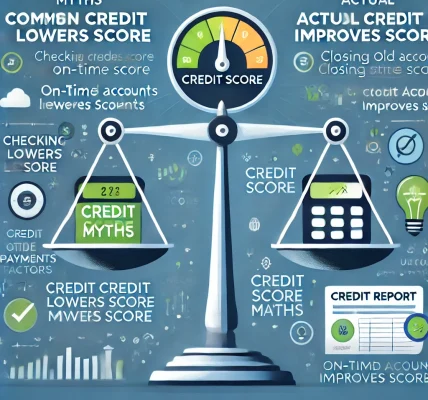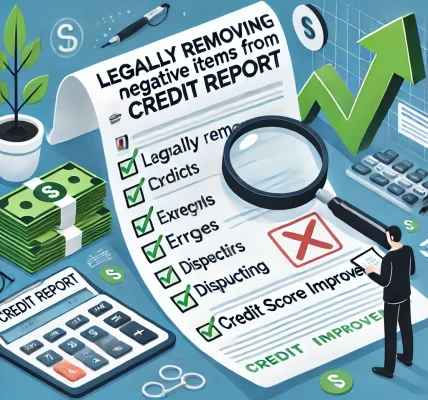Credit cards can be a great financial tool when used responsibly, offering convenience, rewards, and even building your credit score. However, mismanagement can lead to significant debt, financial stress, and a damaged credit history. This DIY guide will help you understand how to use a credit card wisely while ensuring financial stability and avoiding legal pitfalls.
1. Understand How Credit Cards Work
Before you start using a credit card, it’s crucial to understand how they function. A credit card allows you to borrow money up to a certain limit and requires you to repay it within a billing cycle. If you don’t pay the full balance, interest charges apply, which can accumulate and lead to debt.
Key terms to know:
- Credit Limit – The maximum amount you can spend on the card.
- Minimum Payment – The smallest amount you must pay each month to avoid penalties.
- APR (Annual Percentage Rate) – The interest rate applied to unpaid balances.
- Grace Period – The time between the purchase and the due date when no interest is charged if the balance is paid in full.
- Statement Balance vs. Current Balance – The statement balance is what you owe at the end of a billing cycle, while the current balance reflects real-time spending.
2. Choose the Right Credit Card
Selecting the right credit card can help you manage expenses effectively and maximize benefits. Consider the following factors:
- Low or 0% APR – Ideal for those who may carry a balance.
- No Annual Fees – Helps you save money on unnecessary charges.
- Rewards & Cashback – Choose a card that offers points, cashback, or travel benefits based on your spending habits.
- Introductory Offers – Some cards offer 0% interest on purchases or balance transfers for a limited time.
- Credit Score Requirements – Ensure you qualify for the card you want to avoid rejection, which can impact your credit score.
3. Always Pay Your Balance in Full and On Time
The most effective way to use a credit card without falling into debt is to pay off the full balance each month before the due date. This ensures that you avoid interest charges and late fees while maintaining a healthy credit score.
Tips for timely payments:
- Set Up Auto-Pay – Automate payments to never miss a due date.
- Use Payment Reminders – Set alerts through your banking app.
- Align Payments with Your Salary Date – Schedule payments close to your payday.
4. Keep Your Credit Utilization Low
Credit utilization refers to how much of your credit limit you are using. A high utilization rate can negatively impact your credit score and increase the risk of debt.
Best practices:
- Keep utilization below 30% – For example, if your credit limit is $10,000, try to keep your balance under $3,000.
- Make Multiple Payments – Paying down your balance multiple times a month can help maintain low utilization.
- Request a Credit Limit Increase – If used responsibly, a higher limit can improve your utilization ratio.
5. Avoid Cash Advances and Unnecessary Fees
Cash advances often come with high fees and immediate interest charges. Avoid using your credit card for cash withdrawals unless absolutely necessary.
Other fees to be mindful of:
- Late Payment Fees – Can be avoided by paying on time.
- Foreign Transaction Fees – Choose a card with no foreign transaction fees if you travel frequently.
- Balance Transfer Fees – Some cards charge fees when transferring balances from another card.
6. Monitor Your Transactions Regularly
Regularly reviewing your credit card statements can help you detect unauthorized transactions, budgeting issues, or billing errors.
Steps to monitor transactions:
- Check Statements Monthly – Look for unfamiliar charges and dispute them promptly.
- Use Mobile Banking Apps – Enable real-time transaction alerts.
- Report Lost or Stolen Cards Immediately – Protect yourself from fraudulent activity.
7. Build and Maintain a Good Credit Score
Using a credit card responsibly can help build a strong credit history, which is important for future loans, mortgages, and financial stability.
Ways to maintain a high credit score:
- Pay Bills on Time – Late payments negatively affect your score.
- Keep Old Accounts Open – Length of credit history impacts your score.
- Avoid Too Many Credit Inquiries – Applying for multiple cards in a short period can lower your score.
- Diversify Your Credit Mix – Having a mix of credit cards, loans, and lines of credit can improve your score.
8. Use Credit Cards for Planned and Necessary Purchases
Credit cards should not be used for impulsive or unnecessary spending. Instead, use them for planned expenses that you can afford to pay off in full.
Best practices:
- Stick to a Budget – Treat your credit card like a debit card.
- Use It for Recurring Bills – Paying subscriptions and utilities can help build a credit history while keeping spending predictable.
- Avoid Unnecessary Luxury Purchases – If you can’t afford it without a credit card, reconsider the purchase.
9. Understand Your Rights and Responsibilities
Credit cardholders have certain legal protections under consumer laws, such as the Fair Credit Billing Act (FCBA), which allows you to dispute billing errors and unauthorized transactions.
Know your rights:
- You are not liable for fraudulent charges exceeding $50 if reported promptly.
- You can dispute charges if you receive defective goods or unauthorized services.
- Your issuer must provide clear terms and conditions regarding fees, rates, and changes in terms.
10. Have a Debt Repayment Strategy
If you have accumulated credit card debt, create a plan to pay it off as soon as possible.
Debt repayment strategies:
- Snowball Method – Pay off the smallest balance first while making minimum payments on others.
- Avalanche Method – Focus on the highest-interest debt first to save money in the long run.
- Balance Transfers – Move debt to a 0% interest card to reduce charges.
- Negotiate Lower Interest Rates – Contact your issuer and request a lower APR.
Conclusion
Using a credit card responsibly is all about discipline, awareness, and financial planning. By paying off balances in full, keeping credit utilization low, avoiding unnecessary fees, and monitoring transactions, you can enjoy the benefits of a credit card without falling into debt. Remember, credit cards should serve as a financial tool, not a financial burden. By following these best practices, you can build a strong credit profile and maintain financial health without legal complications.
